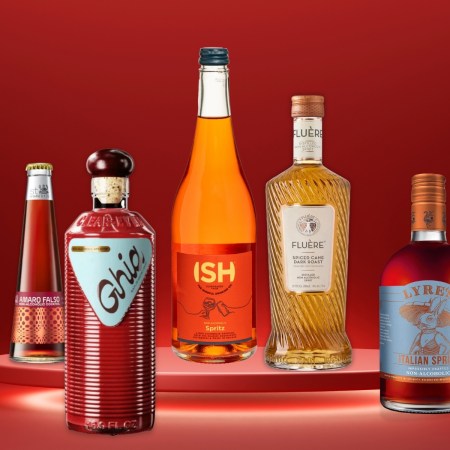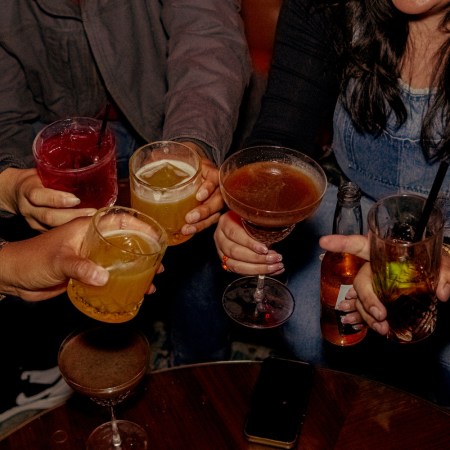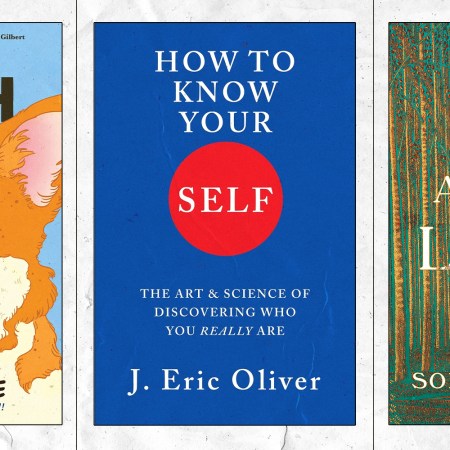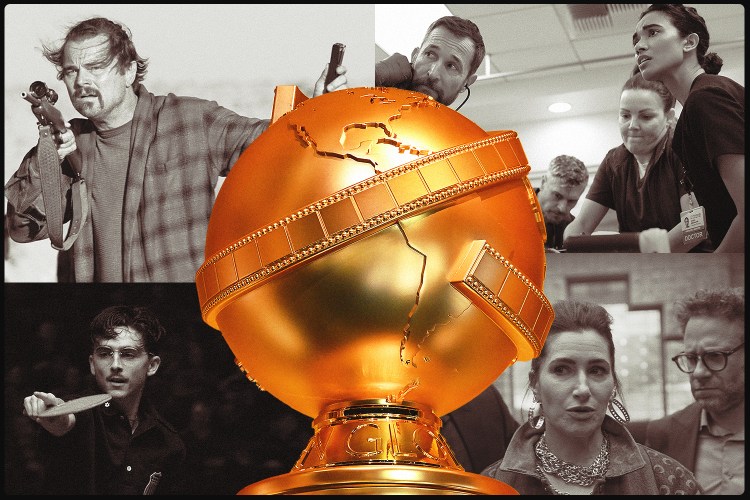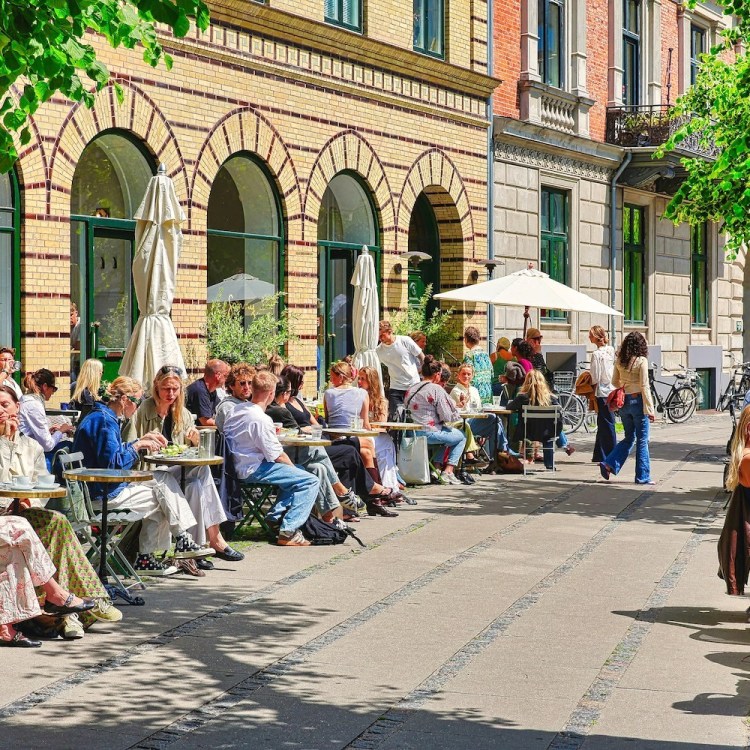Turns out you can chart the course of civilization through booze.
And no surprise, there are a lot of twists and turns.
Out this month, A Short History of Drunkenness takes a deep dive into thousands of years of imbibing culture. It’s an excellent and often hilarious read that’ll serve you well as you recover from the best drinking weekend of the year (that’d be this Saturday’s Cinco de Derby).
Drunkenness author Mark Forsyth — a noted wordsmith, TEDx speaker (“What’s a Snollygoster?”) and best-selling author (The Etymologicon) — makes few judgements over 18 chapters, preferring to dive into the minutiae of drinking while clearing up some common misconceptions.
Below, five key takeaways on ancient boozing culture, as told in Forsyth’s book.
The Bible: The Old Testament in particular is incredibly relaxed about drunkenness, and Forsyth credits the Book of Proverbs with having “one of history’s most beautiful descriptions of being drunk.”
Ancient Greece: Plato equated controlled drunkenness with becoming an ideal man, as Forsyth notes: “Self-control, said Plato, was like bravery. A man can only display bravery when he’s in danger. A man can only display self-control when he’s drunk a lot of wine. Bravery can be learnt … A man who spends his evenings getting drunk can train himself to ever higher levels of self-control.”
Sumeria: They invented civilization. Women owned all the taverns (huzzah!). But if the tavern owner stiffed you on a drink, she would be drowned as retribution. Side note: everyone drank beer through straws.
The Vikings: Sorry to disappoint, but Vikings drank out of pretty normal looking glasses and preferred mead over ale or wine because it was “posher.” And again, the defining role of women was to serve drinks (“in [Viking] poetry, you just called her a drink-server … because that’s all she was”).
Prohibition: Forsyth lays down five huge myths about American teetotaling (Myth #2: “The whole of the American population immediately went to a speakeasy in New York, where they drank twice as much as before and invented jazz”) and makes a convincing argument that the movement was really a progressive reform against saloon culture, as working men were spending all their money in bars and coming home penniless and violent.
A Short History of Drunkenness comes out May 8 and can be ordered here.
(Main image: Derek Key/Flickr Creative Commons)
Every Thursday, our resident experts see to it that you’re up to date on the latest from the world of drinks. Trend reports, bottle reviews, cocktail recipes and more. Sign up for THE SPILL now.


